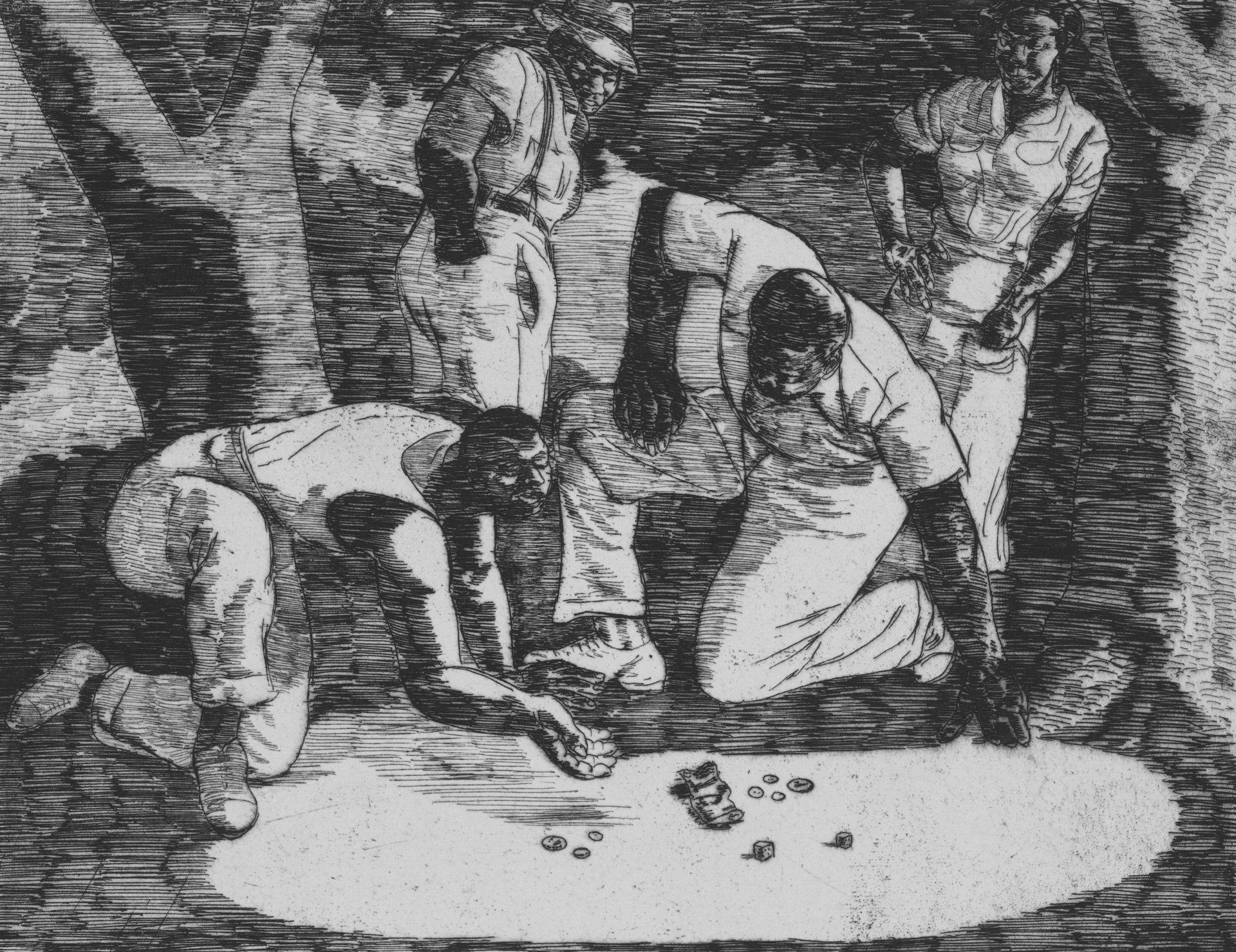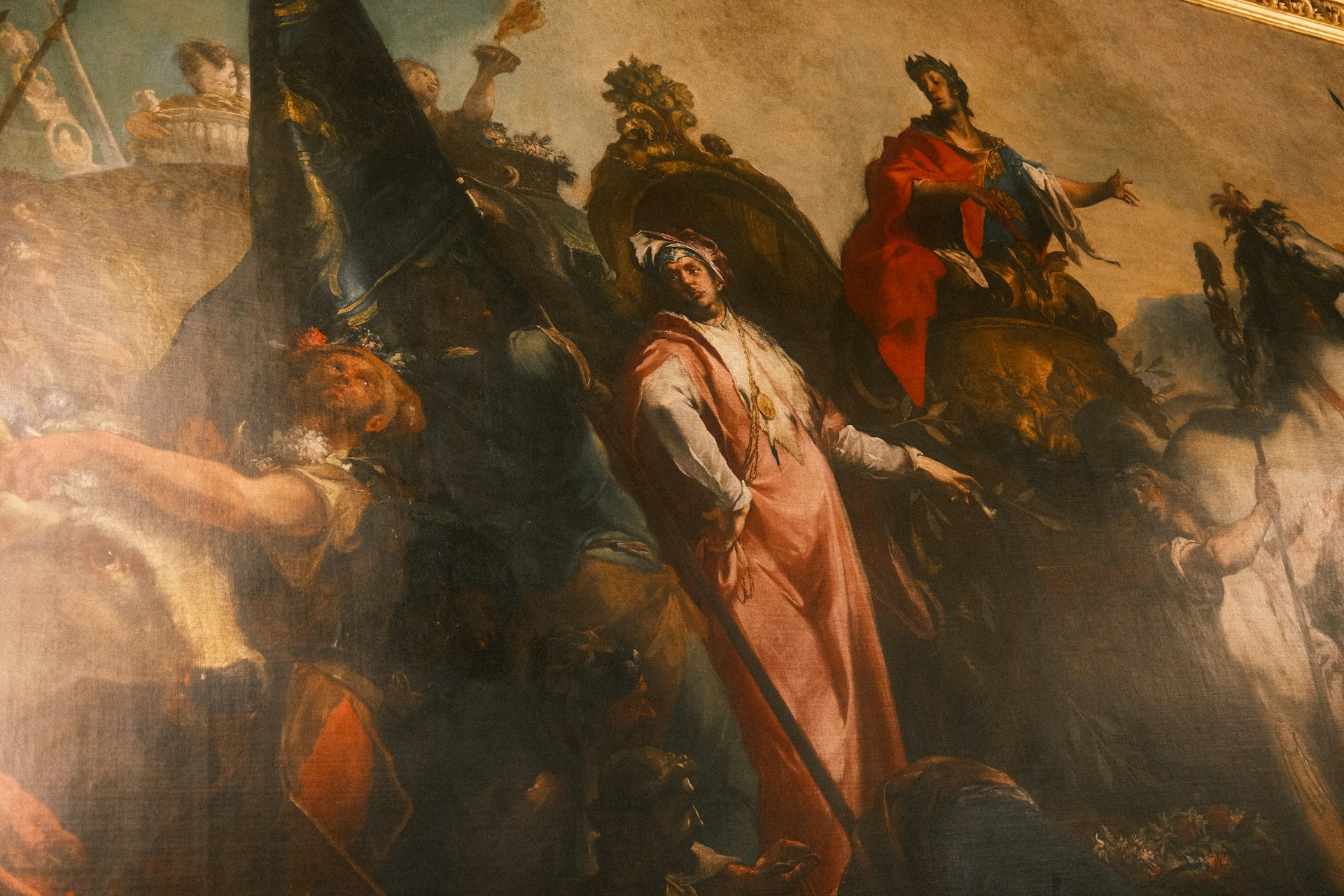Turning Points in History: Lessons from Famous Historical Battles

Photo by British Library on Unsplash
Introduction: Why Study Historical Battles?
Throughout history, major battles have not only determined the fate of nations but have also shaped cultures, borders, and the world as we know it. Understanding these conflicts offers critical insights into political power shifts, technological advancements, and the resilience of humanity. Whether you are a student, educator, or history enthusiast, exploring the causes, outcomes, and legacy of famous historical battles can enhance your appreciation for the complexity of global history and inspire further learning.
The Significance of Famous Battles
Famous battles often reflect the broader social, economic, and political forces of their times. Their outcomes may lead to the rise and fall of empires, influence the development of military technology, and trigger shifts in societal structures. For example, the Battle of Gaugamela in 331 BCE was decisive in ending the Persian Empire and expanding Hellenic culture across Asia, fundamentally altering the geopolitical landscape of the ancient world. Alexander the Great’s victory paved the way for centuries of cultural exchange and trade between East and West [3] .
Case Studies: Battles That Changed History
1. The Battle of Gaugamela (331 BCE)
This confrontation between Alexander the Great and Darius III of Persia represents a turning point in ancient history. Alexander’s innovative tactics and disciplined army overcame the numerically superior Persian forces. The victory led to the collapse of the Persian Empire and the spread of Greek culture and ideas throughout the region. Those seeking to study this battle further may consult academic texts, university libraries, or reputable video lectures such as those available from military historians [3] .
2. The Siege of Orleans (1428-1429)
During the Hundred Years’ War, the Siege of Orleans was a crucial moment for France. With the arrival of Joan of Arc, French forces broke the English siege, reversing the tide of the war. This victory inspired a national revival, ultimately leading to the end of English ambitions in France. The story of Joan of Arc continues to be commemorated in museums, films, and literature, illustrating the enduring cultural impact of this battle [2] .
3. The Battle of Gettysburg (1863)
In the context of the American Civil War, the Battle of Gettysburg is recognized as a major turning point. The Confederate defeat halted their advance into Northern territory, shifted the strategic balance, and set the stage for Union victory. Gettysburg remains a key site for American historical study and remembrance, attracting visitors and researchers interested in Civil War history [3] .
4. The American Revolution’s Key Battles
The American Revolution featured numerous significant battles, including Saratoga, which convinced France to ally with the Continental Army, and Yorktown, where British forces ultimately surrendered. These battles are chronicled through timelines and educational resources provided by historical organizations, which you can access for classroom projects or independent research [1] .
Practical Steps for Exploring Historical Battles
If you are interested in learning more about the history of famous battles, consider the following approaches:

Photo by British Library on Unsplash
- Visit Historic Sites: Many battlefields have been preserved as national parks or heritage sites. For example, Gettysburg National Military Park offers guided tours and educational programs. To find official battlefield sites or plan a visit, search for “National Military Parks” or “official battlefield visitor centers” in your region.
- Utilize Online Educational Platforms: Numerous reputable organizations, such as the American Battlefield Trust or university history departments, offer interactive timelines, virtual tours, and scholarly articles. You can access their materials by searching for “Battlefield Trust educational resources” or exploring online university history collections.
- Engage with Multimedia Resources: Documentaries, podcasts, and video lectures by recognized historians are valuable for gaining in-depth perspectives. Search for series produced by established outlets such as PBS, BBC, or The History Channel. When in doubt, look for content with academic or institutional endorsement.
- Study Primary Sources: Letters, diaries, and official records often provide first-hand insights into historic battles. Archives and libraries frequently house digitized collections. For guidance, search for the “National Archives military records” or “university digital history archives.” Always confirm that resources come from established institutions.
- Connect with Historical Societies: Local and national historical societies often organize lectures, reenactments, and publications about famous battles. To get involved, search for your state’s historical society or look for national groups such as the American Historical Association.
Challenges and Alternative Approaches
Studying historical battles can present challenges, such as interpreting conflicting sources or navigating myths versus facts. Consider the following solutions:
- Always cross-reference information with multiple authoritative sources, including academic journals and recognized history organizations.
- Be aware that battlefield locations and interpretations may change due to new archaeological findings or scholarly debate.
- If travel to historic sites is not possible, many organizations now offer virtual tours and online exhibitions, making it easier to learn remotely.
Further Exploration and Research Guidance
To deepen your understanding of the history of famous battles, you can:
- Enroll in online courses on military history through established platforms like Coursera or edX, which partner with accredited universities.
- Attend local lectures or webinars hosted by historical societies or museums. Many advertise their programs on official websites or through university event calendars.
- Access curated bibliographies or reading lists from academic history departments or major libraries. Use search terms such as “recommended military history books” or “university history syllabi.”
Key Takeaways
Famous historical battles have shaped the world’s political, cultural, and social landscapes. By exploring their stories and legacies, you gain a deeper understanding of humanity’s past and the forces that continue to influence our present. Engaging with reliable resources, visiting preserved sites, and studying primary accounts allows you to experience history firsthand and apply its lessons to contemporary issues.



